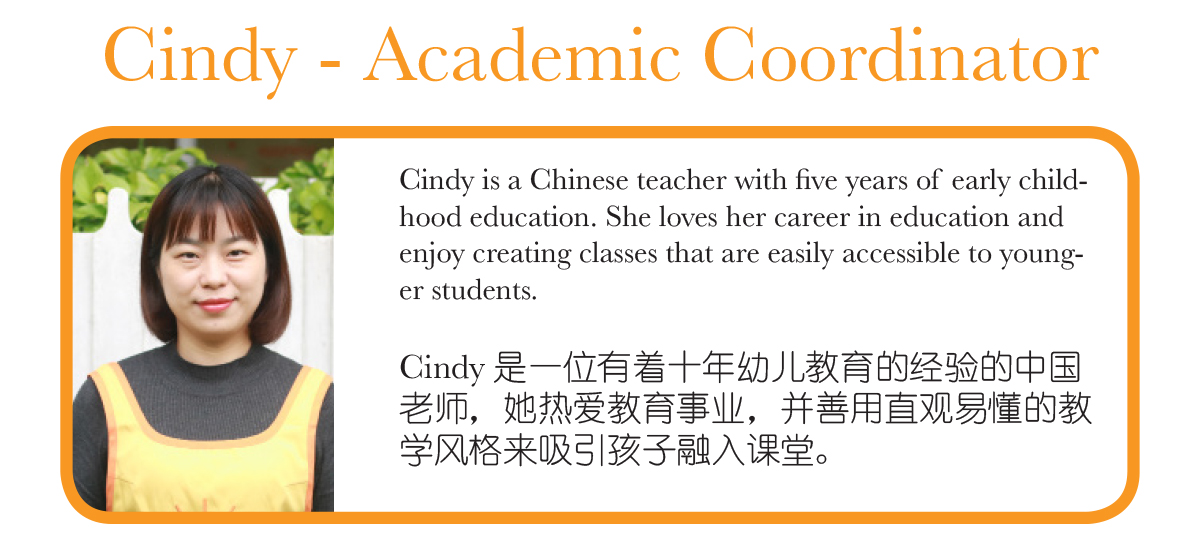
When teaching children, many parents often tend to use their "power" to force their children to do things.
The power of parents comes from nothing more than the difference of status, ages and physical strength. Of course, children can not compete with adults in these aspects. Forcing children to do things can lead them to fight in other ways.
The use of "power" to educate children is a very arbitrary educational method, when children are not obedient, it is not a challenge to your power status, they just want to have more autonomy.



This is a reminder that parents should not punish children for punishment. We should make them feel that the punishments they receive are the natural consequences of their bad behaviors.
For example, some parents scold and even beat their children once they make mistakes, as if only in this way can they vent their feelings and educate their children. Some parents punish their children strictly, children are told to stand all morning or get spanked.
Some parents often place blame on children. This kind of physical and psychological abuse is not good for the health of a child and doesn’t educate them.
When children make mistakes, parents can impose softer punishments and parents should not be emotional during this period. Punishment is useful only when a child understands the problems with his or her actions.
For example, when a child injures another child, they must apologize to the injured child. If a child destroys something deliberately, then take part of his pocket money for the loss, or make him do extra housework to compensate.
Parents should do this not to vent their bad feelings, but to deepen their children's impression and make them aware of their mistakes. Children understand that they will be punished if not trying to correct mistakes.









 International Sunshine Home Arts & Sciences
International Sunshine Home Arts & Sciences